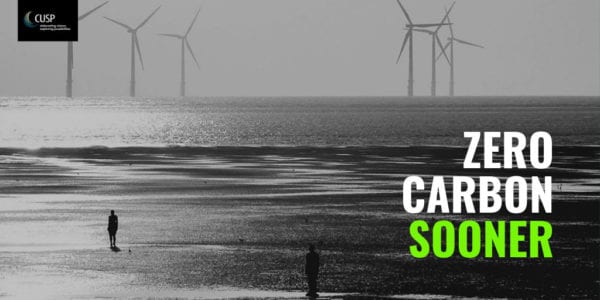Energy Sufficiency—Managing the rebound effect
ECEEE concept paper by Steve Sorrell, Birgitta Gaterleben and Angela Druckman
Nov 2018
The potential for energy sufficiency to reduce energy use and emissions is gaining increasing attention. One reason is that improvements in energy efficiency have not reduced energy consumption by as much as anticipated. This is partly due to various rebound effects—namely behavioural responses to improved energy efficiency that offset some of the potential energy and emission savings.
A report by former colleagues at SLRG, Steve Sorrell, and CUSP researchers Brigitta Gatersleben and Angela Druckman examines the nature of these effects, and asks the question: can greater use of sufficiency policies and actions help to tackle negative rebounds, or will it create rebounds itself?
The report explores the relationship between rebound effects and energy sufficiency, using both economics and social psychology and arguing that both these perspectives are needed to fully understand the effects. It looks at the evidence for the nature and size of rebound effects from improved energy efficiency and suggests ways in which energy sufficiency actions could reduce them. It also investigates how energy sufficiency actions can lead to rebound effects of their own and examines how careful policy design can be used to minimise or avoid increased energy use where this is not improving wellbeing.
- You can download the paper on energysufficiency.org.
- The research for this report is rooted in the research projects RESOLVE and SLRG, novel interdisciplinary institutions at the time, set out to unravel the complex links between lifestyles, values and the environment—in particular in relation to climate change—including research into the psychology of energy behaviours, the sociology of lifestyles and carbon lifestyles scenarios. For details on Mapping rebound effects from sustainable behaviours, please see the SLRG website.




